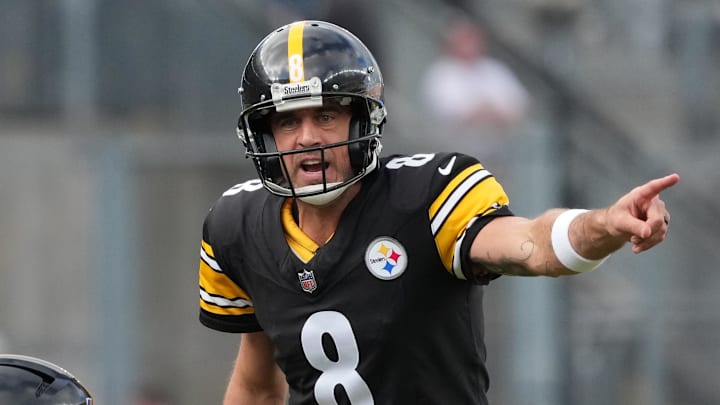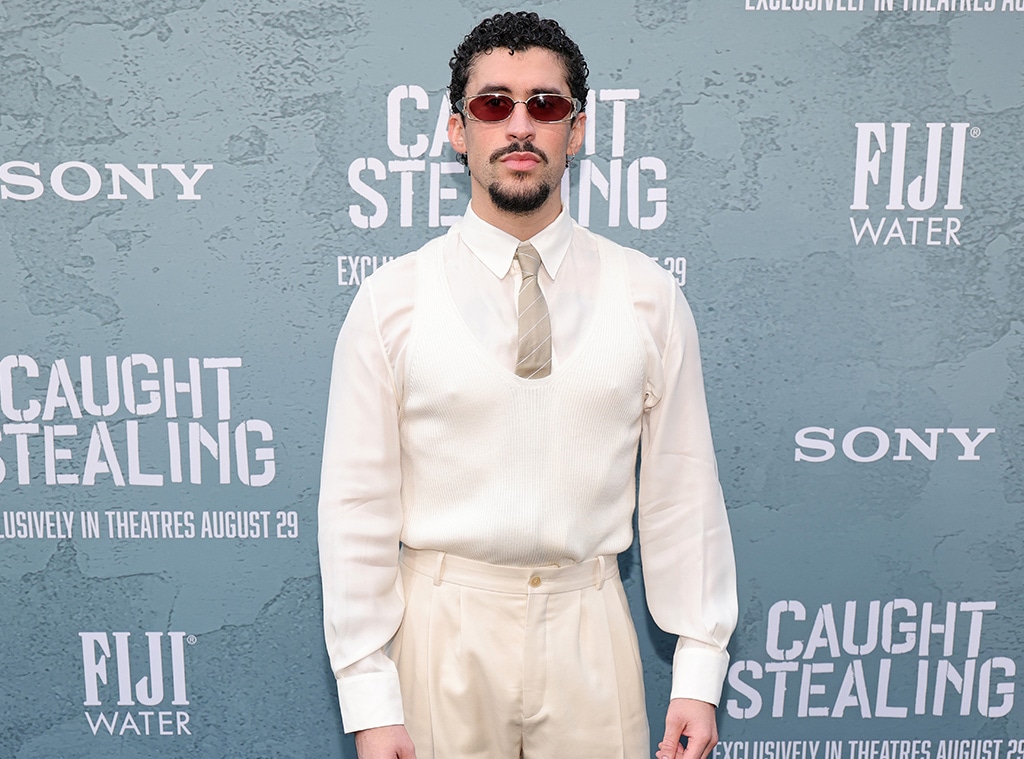
The National Football League is no stranger to controversy, but a firestorm surrounding its biggest event, the Super Bowl, has reportedly pushed the organization into an unprecedented state of internal crisis. The decision to name global music icon Bad Bunny as the headliner for the 2025 Halftime Show has allegedly sparked a massive backlash from within the league’s traditionalist factions, igniting a culture war that pits heritage against globalization on America’s biggest stage.

The controversy, which began as whispers from anonymous NFL insiders, has exploded into a full-blown media spectacle. Sources claim that executives from several teams voiced serious concerns over the halftime choice, arguing it represented a “cultural misstep of epic proportions.” The dissent isn’t aimed at Bad Bunny personally, but at what his selection symbolizes: a bilingual, cross-genre, and international identity that some feel is profoundly disconnected from the sport’s American roots.
Fueling the fire is a rumored “leaked memo” that is reportedly circulating among reporters and sports lawyers. The document allegedly references a “petition of objection” to the halftime pick, and while no official signatures have been confirmed, its existence alone has been enough to create chaos. Headlines quoting an anonymous source that the Super Bowl should be a “football mecca, not a pop stage” have gone viral, crystallizing the ideological divide threatening to fracture the league.

At the center of this storm of speculation is one of the NFL’s most storied franchises: the Pittsburgh Steelers. Though the team has made no official statement, they have become the symbolic face of the rumored rebellion. With a brand built on decades of blue-collar grit, discipline, and old-school football values, the Steelers represent the very tradition that many feel is under threat. As one former league consultant noted, “If any team were to quietly push back, it’d be Pittsburgh. They built dynasties on grit, not glitter.” The plausibility of their involvement is what makes the rumor so potent.
Behind the scenes, the NFL is reportedly in a state of “boiling panic wrapped in PR smiles.” Insiders describe late-night meetings at the league’s Park Avenue headquarters, where executives, lawyers, and communications directors are working frantically to devise a containment strategy. The league’s most powerful asset has always been its image of unity, and any public crack in that facade could have catastrophic financial consequences for the $15-billion-dollar Super Bowl ecosystem. Sponsors, networks, and investors are watching closely, as internal division can quickly erode confidence.
To manage the crisis, the league has allegedly assembled an elite “rapid response media council” to execute “Operation Unity.” The goal is to reframe the narrative from one of crisis to one of creativity and inclusion. Leaked talking points reportedly include phrases like “celebrating all voices” and “football’s global family.” Simultaneously, internal memos are said to be urging all franchises to refrain from any “divisive commentary,” enforcing a strategy of public silence.
However, the silence from league offices has been drowned out by the roar of the fans. The reaction has been volcanic and deeply divided, mirroring the internal conflict. Old-school fans have flooded talk shows and podcasts with frustrations that the “game’s soul” is being sold out. Meanwhile, younger and more diverse audiences have celebrated the choice as a historic step forward, arguing the NFL is finally embracing the 21st century.
This clash has turned the halftime show, once a 15-minute concert, into the cultural main event and a referendum on the Super Bowl’s identity. As media critic Andrea Lozano observed, “We used to watch the game and tolerate the show. Now, half the audience tunes in for the show. That terrifies the purists — and thrills the marketers.”
With the clock ticking down to kickoff, the NFL is playing defense against itself. The question is no longer just about who will win on the field, but about who owns the cultural narrative of the Super Bowl itself. What started as a musical booking has become a defining moment for the league, forcing a confrontation between its past and its future in front of a global audience.
Leave a Reply